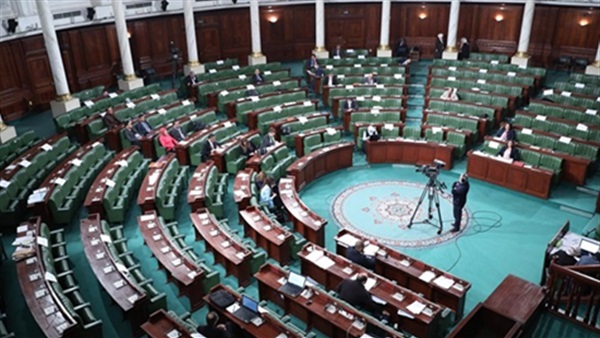Upcoming Tunisian parliament: Speculation of more crisis, economy has upper hand

None of the data indicates that the second round of the
Tunisian legislative elections, expected on January 29, will result in any
stability. Although Tunisia will, according to these elections, obtain an
elected parliament after parliamentary life was frozen for a year and a half by
the decisions of Tunisian President Kais Saied on July 25, 2021, most
speculation says that the new parliament will not create the required
stability, but rather will itself be a crisis in light of criticism directed at it
even before its formation.
President
who does not back down and a floundering opposition
These
speculations do not mean that President Saied will make any change that will
mitigate the criticism directed at the path he has adopted since July 25, 2021.
Since the “extraordinary” decisions, the president has not backed down from any
step he took, adhering to his rhetoric attacking what he calls “corruption”.
In exchange
for the president standing at a certain point and refusing to back down from
it, criticisms of the president and his path escalate, as one time a national
dialogue is called for and another time early presidential elections. Despite
the instability of the opposition on a unified demand, in addition to not
coming from divergent ideological backgrounds, its position remains influential
on the general political scene.
In light of
the president's adherence to his path and the inability of the opposition to
transcend its political convictions, it seems that the Tunisian scene has
reached a stalemate in which dialogue between the parties becomes difficult.
Economics
has the upper hand
Meanwhile,
Tunisia is going from bad to worse in its economic crisis, which has affected
the living conditions of citizens, and the government intervenes from time to
time with vital sectors in the state that threaten to go on strike, such as the
bread sector and the transport sector.
It is
impossible to deny the negative impact of the economic crisis on the political
level, as the president, who enjoyed high popular confidence in the wake of his
exceptional decisions, is gradually losing his grip on the scene, while the
opposition is increasing with the pain of the citizen, demonstrating the
failure Saied.
Where is
the way out?
Despite the
stalemate that is expected to continue for quite some time, the breakthrough in
the Tunisian scene depends on two things. Either there will be economic
improvement, albeit difficult, or the parliament will succeed in winning the
people's confidence, which does not seem difficult, despite all the criticism
and skepticism practiced by the opposition against the parliament, but it has
been proven in the Arab world that the opposition always has a weak effect on
the people, who always question the intentions of politicians.







